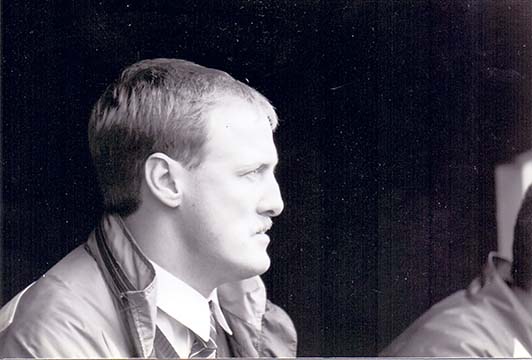 Keighley's promotion specialist
At Keighley and Bradford, Peter Roe was one of Rugby League’s best centres in the late 1970s, before shoulder and knee injuries conspired against him.
After restarting his career with York and Hunslet, Roe embarked on a lengthy coaching career, winning promotion with Halifax, Keighley, Swinton and Barrow.
Keighley's promotion specialist
At Keighley and Bradford, Peter Roe was one of Rugby League’s best centres in the late 1970s, before shoulder and knee injuries conspired against him.
After restarting his career with York and Hunslet, Roe embarked on a lengthy coaching career, winning promotion with Halifax, Keighley, Swinton and Barrow.
Rugby League Heroes: Peter Roe
 Keighley's promotion specialist
At Keighley and Bradford, Peter Roe was one of Rugby League’s best centres in the late 1970s, before shoulder and knee injuries conspired against him.
After restarting his career with York and Hunslet, Roe embarked on a lengthy coaching career, winning promotion with Halifax, Keighley, Swinton and Barrow.
Keighley's promotion specialist
At Keighley and Bradford, Peter Roe was one of Rugby League’s best centres in the late 1970s, before shoulder and knee injuries conspired against him.
After restarting his career with York and Hunslet, Roe embarked on a lengthy coaching career, winning promotion with Halifax, Keighley, Swinton and Barrow.
